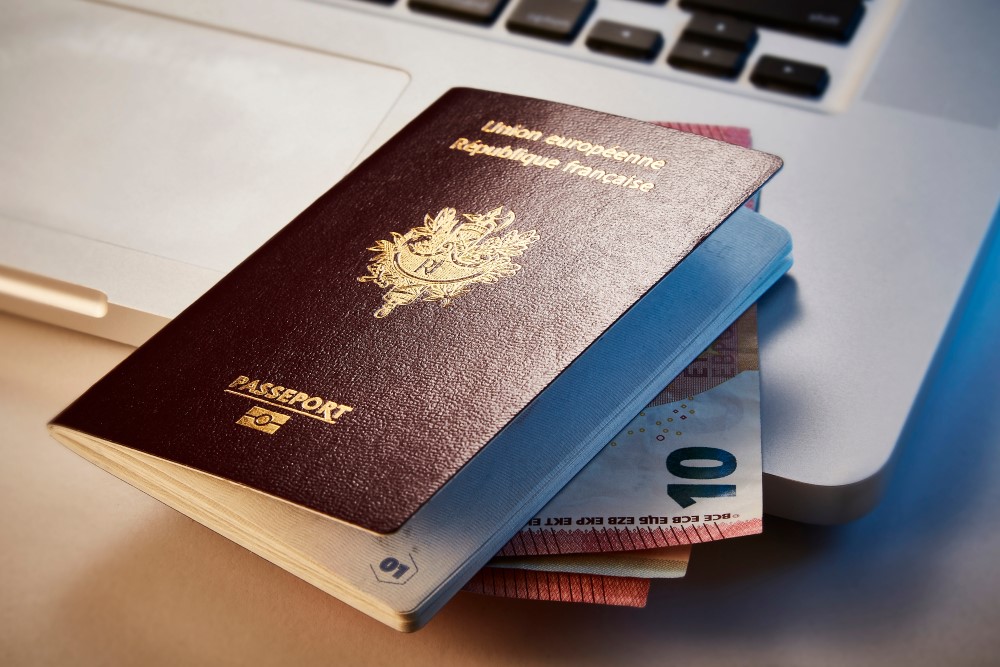Free Quote : +4 (031) 229 94 13
-
-
Email Address : [email protected]

Free Quote : +4 (031) 229 94 13
Email Address : [email protected]
French citizenship represents a sturdy legal link between a person and France, expressed in a series of reciprocal obligations and freedoms. It means benefitting from the privileges conferred by this country's passport on successful immigration. It implies the possibility of becoming actively involved in political activities too (taking part in elections and holding leading positions in state bodies).
Since France joined the EU in 1958, acquiring French citizenship also entitles you to the privileges of EU resident status. The advantages of immigration to this country are:

In France, the most common way to acquire citizenship is through 4 different immigration programs, the implementation of which is the subject of the French nationality law. Their brief descriptions are presented below:
Persons whose parents were French citizens upon the time of their date of birth may be granted an ID card via this immigration program. It applies to people born either within France or in another country. It involves gathering additional documents, including proof of parents' French citizenship and birth certificates, and making an application through the local embassy.
Complete immigration via this method requires five years of continuous living in France based on a residence permit. That status may be earned through employment, study or other reasons justifying a long-term presence in the state. The duration of immigration reduces if a newcomer has obtained a French university degree, possess outstanding abilities or has received refugee protection. The application process includes the submission of supporting documents, language and citizenship tests and an interview.
Anyone born on French territory automatically obtains citizenship, whatever the origin of their biological parents is. This principle applies unless the child's father or mother is a diplomat.
Citizenship may be acquired by foreign spouses of French nationals. They must show evidence of their social integration and a minimum of four years of marriage. This includes demonstrating respect for local traditions and values, and successfully passing a cultural and linguistic test. The immigration procedure involves making an appropriate application to the competent prefecture and undergoing an interview to evaluate the integration of newcomers.

The reasons for denying French citizenship vary according to the individual circumstances. Nevertheless, there are certain basic grounds that newcomers encounter most frequently during immigration. These are listed below with a brief explanation:
According to the immigration program chosen, the documents needed to obtain French citizenship differ. Nevertheless, a general list of them exists which should be prepared independently of the method of resettlement:
This list of documents is only indicative. It is also subject to change according to the French legislation in force.
Once having fulfilled all the requirements of the immigration program, the French government offers the option to acquire French citizenship. It is important to keep abreast of changes in legislation that may facilitate or hinder the process of moving to France. The country's passport is desirable for many people as it offers numerous opportunities, although the requirements for obtaining it are not simple to meet. Nevertheless, French citizenship is available to any immigrant who has sufficient reasons and means to immigrate there.